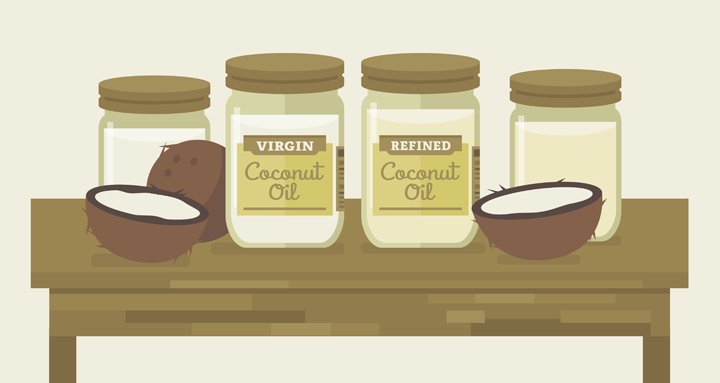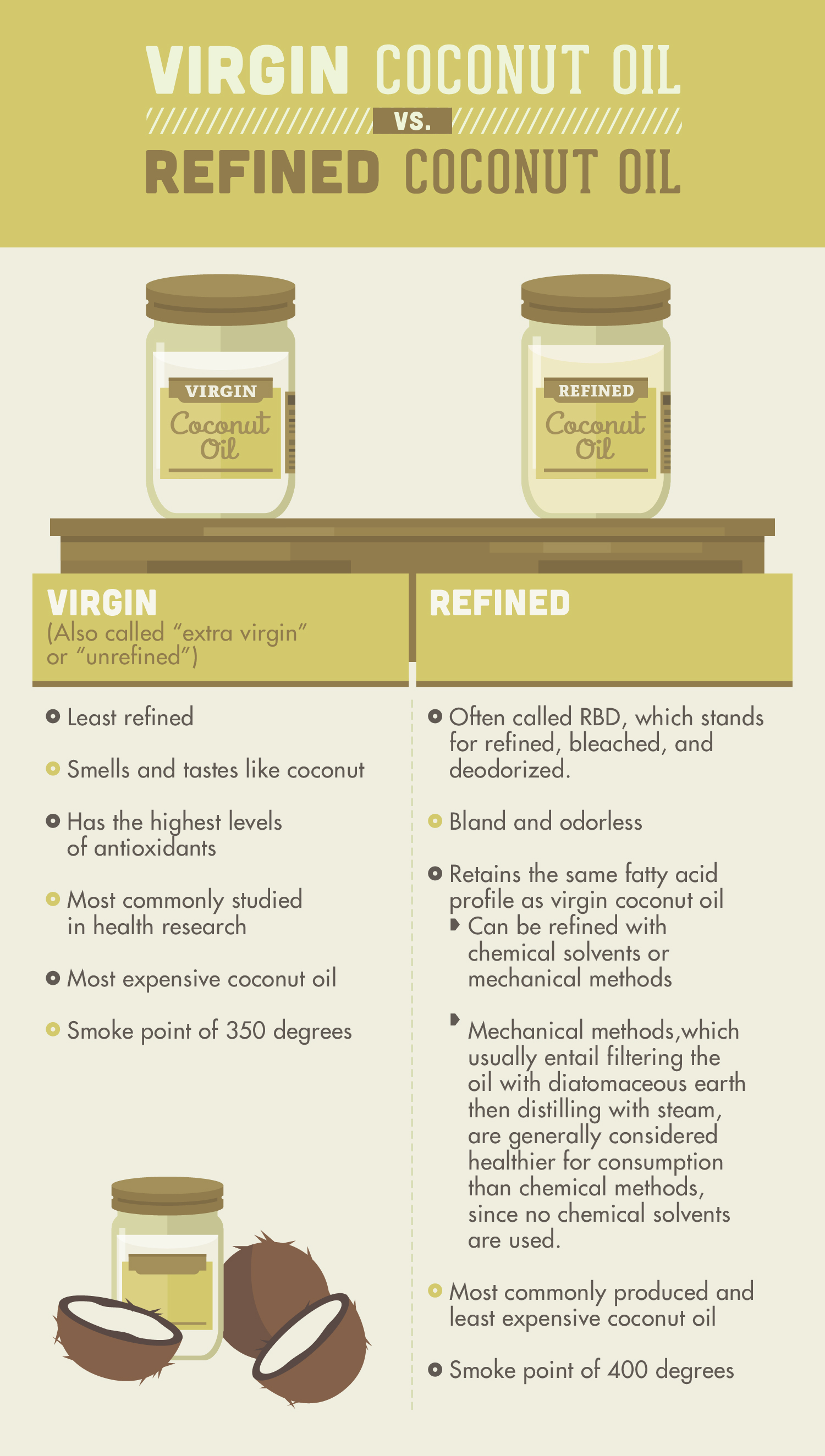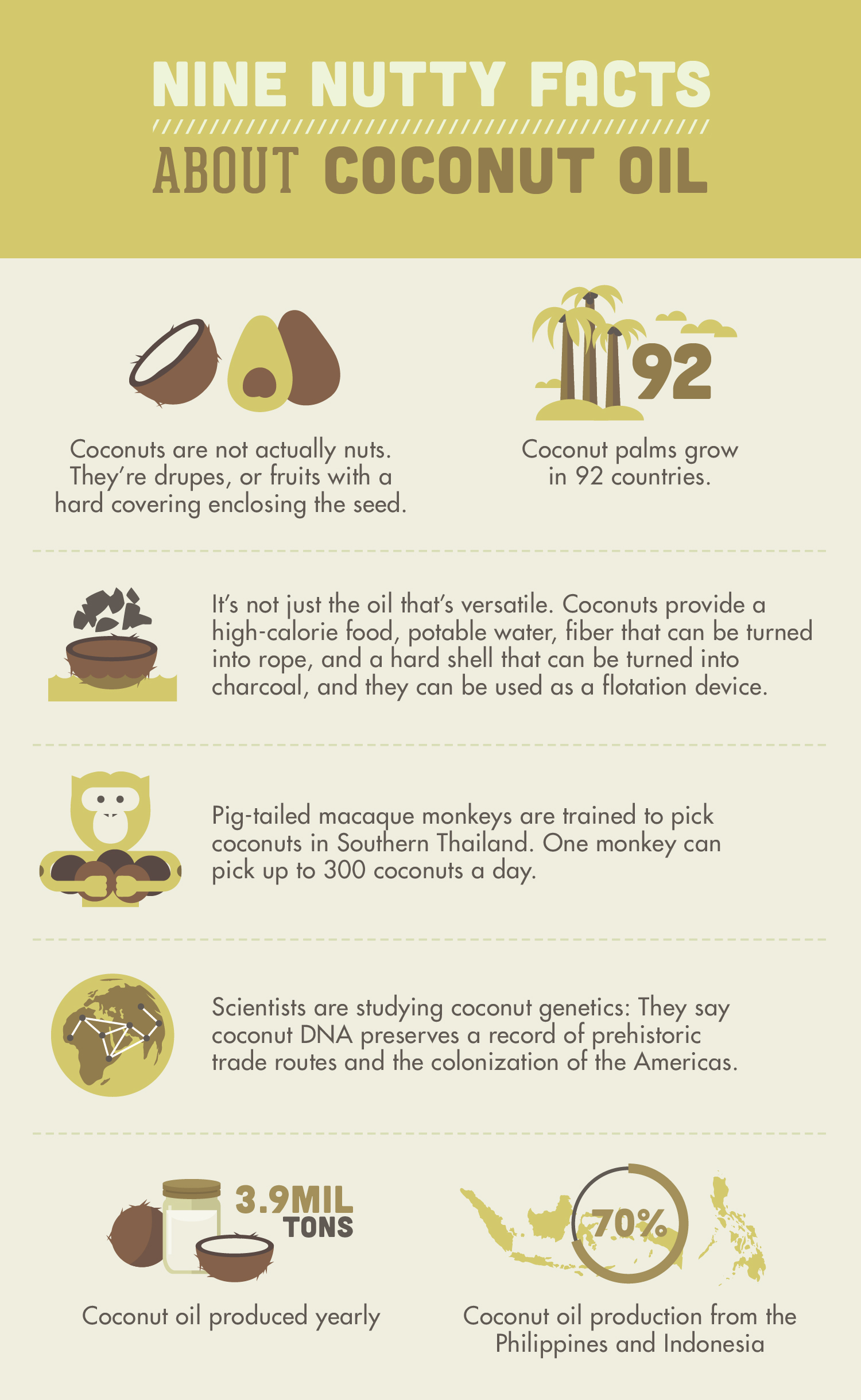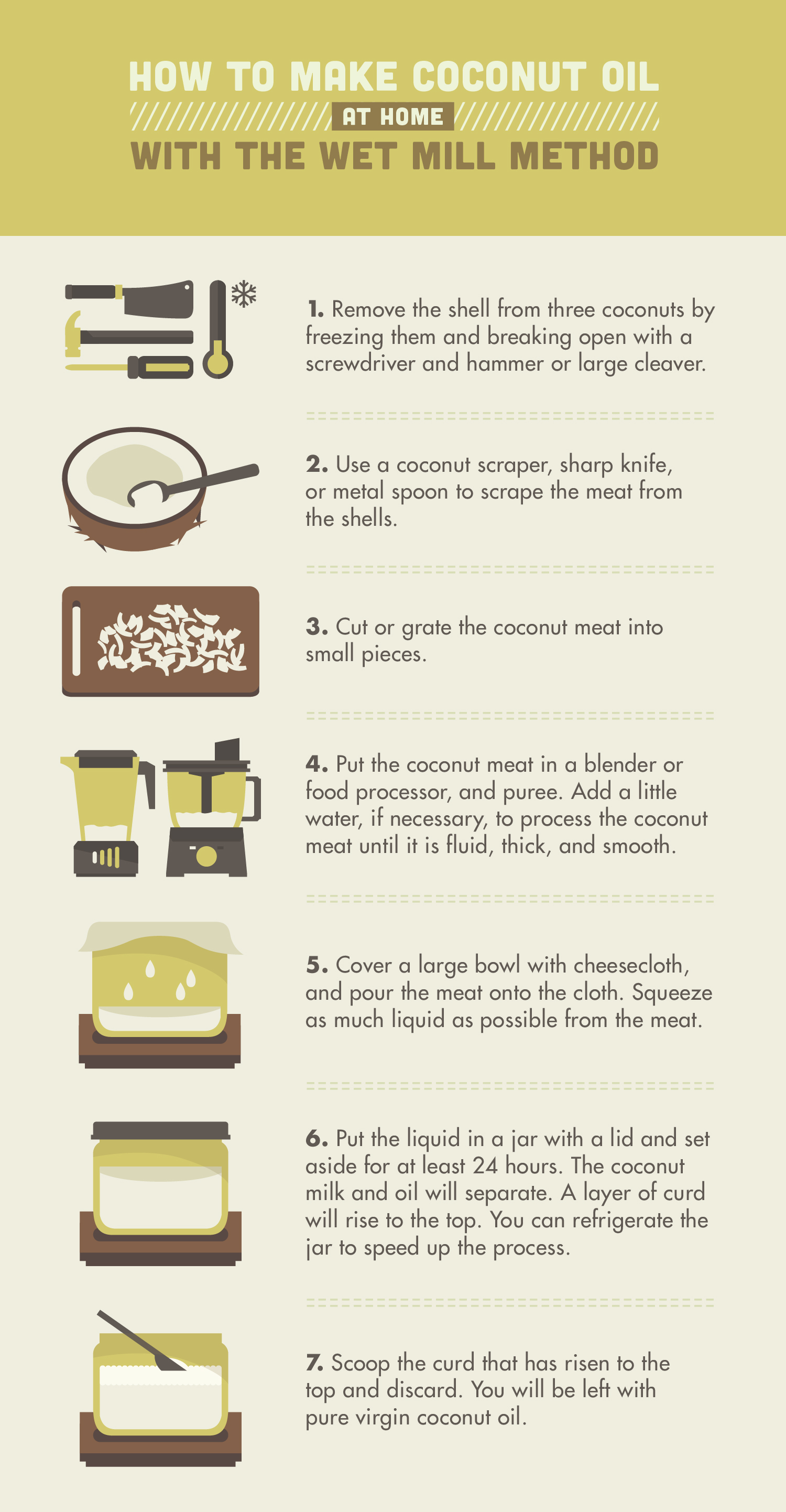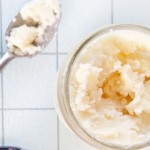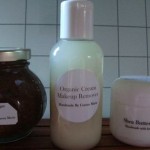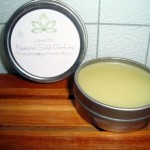Replace Toxic Household Products with Coconut Oil
Coconut oil is best known as a curry ingredient, smoothie additive, and beauty product. It also belongs in the cleaning cabinet as a natural and powerful cleanser and polisher.
If you haven’t switched to non-toxic household products yet, now is the time. Each year the U.S Poison Control hotline receives thousands of calls regarding accidental poisoning by common household cleaners and products. The Environmental Working Group (EWG) warns that 53 percent of the household cleaners they reviewed contain ingredients that can harm our lungs. Some products also contain carcinogens, such as formaldehyde and chloroform. Even more concerning, just seven percent of cleaners adequately disclose harmful ingredients. And the EWG warns many commercial “green cleaners” are equally misleading.
But there’s good news: Keeping a house clean does not require the use of any toxic chemicals. Simple, inexpensive ingredients, such as baking soda, vinegar, lemon, and salt get the job done.
Coconut oil is a must-have ingredient to add to the mix. Traditional island communities have used coconuts and their sweet-tasting oil for thousands of years. Modern research suggests the oil has powerful antibacterial, antiviral, and antifungal abilities. It can handle the toughest scrubbing, reconditioning, and greasing jobs.
Ready to become a clean, green, coconut oil machine? Read on to learn how to replace expensive products and clean and polish every room in the house with coconut oil.
Refined and Unrefined: Coconut Oil Choices
Before we get into coconut oil’s many at-home applications, it’s helpful to understand the two main types of coconut oil. Knowing the differences will dictate which is the best one for a job.
No matter which type of coconut oil you chose, both are incredibly versatile. But first, one quick tip: Coconut oil melts at 76 degrees and can be a solid or liquid depending on the room temperature. Therefore, don’t flush large quantities down the drain, because once cooled it solidifies and can clog pipes.
Coconut Oil as a Power Cleaner
Remove Crayon
If your child prodigy creates a work of art on a table, floor, wall, or other hard surface, coconut oil can save the day. Just dab some on a washcloth and scrub the crayon away. Follow with a vinegar rinse to remove excess oil if the surface is porous.
Remove Chewing Gum
When gum gets stuck in hair, on a floor, or in carpet, coat it with coconut oil and let sit for half an hour. The oil helps loosen the gum.
Prevent Dust
Put the feather duster away, and coat high shelves, ceiling fans, and other hard to-reach spots with coconut oil to prevent dust build-up.
Clean Brushes
Dip soiled hairbrushes and makeup brushes in a cup of melted coconut oil, then wipe residue off with a towel. Rinse with warm water and allow to dry fully before use.
Shine Leaves
Houseplants looking tired? Nix commercial leaf shine products and use a soft cloth to rub a drop of melted coconut oil on leaves. Try not to coat the undersides where most of a leaf’s stomata, or pores, are located.
Erase Soap Scum
Apply some coconut oil to a rag and scrub soap scum off the sides of a bathtub with ease. Add baking soda for extra scrubbing power, if desired. Avoid flushing it down the drain when possible.
Make Bar Soap
Make luxurious bars of soap with just three simple ingredients, including coconut oil. The process is relatively simple. Find the complete tutorial here.
Coconut Oil as a Kitchen Aid
Season Cast Iron
Coconut oil can aid the initial seasoning process of cast iron skillets. Preheat the oven to 400 degrees. Rub a thin layer of coconut oil on every part of the pan. Put the pan on a middle rack of the oven, with a cookie sheet underneath to catch any dripping oil. Bake for one hour. To keep pans properly seasoned, cook with coconut oil regularly and rub a spoonful of coconut oil into the pan after every washing.
Recondition Wood Cutting Boards
Every month or so, rub coconut oil into wooden cutting boards to sanitize and restore. Leave for 10 minutes or more, then wipe off any excess oil.
Prevent and Eliminate Rust
Lightly coat the interior of Mason jar lids with coconut oil to prevent them from rusting in humid conditions. You can also remove rust from knives, scissors, and other metal tools by coating them with coconut oil. Leave on for 45 to 60 minutes, then rinse with warm water.
Remove Jar Labels
Ditch the toxic commercial goo removers. Mix a tablespoon of coconut oil with a tablespoon of baking soda and coat any residue on jars instead. Let the mixture sit for a half hour, then scrape the residue away. Wash the jar in hot, soapy water and repeat as necessary.
Coconut Oil as a Master Greaser
Lubricate Hinges
Got a squeaky or stiff hinge? Remove the pin in the center of the hinge. Then clean and grease with coconut oil, and slide the pin back in.
Loosen Stiff Scissors
Coat scissor hinges in coconut oil and leave for several minutes. Then wipe the excess oil with a soft cloth to make scissors easier to use.
Unstick a Zipper
Use a cotton swab to apply coconut oil to a stuck zipper’s teeth. Try to prevent oil from coating the fabric. But if it happens, wash with dish soap.
Lubricate and Clean Guitar Strings
To keep guitar strings in good shape, dab a clean cloth with melted coconut oil and then wipe each new string up and down. Leave the strings on a clean surface for a few minutes. Wipe off any excess oil, then string the guitar. After each playing, wipe off the strings with a cloth and clean and lubricate regularly with coconut oil.
Coconut Oil as an Outdoor Ally
Condition Garden Tools
Sand tool handles, then rub down with coconut oil so they stay smooth and splinter-free. Rub coconut oil into the metal parts of tools to remove rust and polish.
Detail the Car
Rub coconut oil into a car’s dashboard, rubber seals, leather seats, grill, and license plate to clean and polish. It’s also good for removing old bumper stickers and registration tags. As a bonus, if using unrefined oil, the car may smell like the islands for a day or two.
Clean the Barbecue
To remove grit from a grill, apply a layer of coconut oil, leave for an hour, and scrub off.
Treat Backyard Hens
Hens love coconut oil, and feeding it to them regularly may make their eggs healthier. Also rub into any wounds to soothe and disinfect.
Coconut Oil as a Polisher and Conditioner
Refinish a Wood Table
Coconut oil moisturizes wood and brings out its natural colors. Sand the table, wash it with soapy water, let it dry, then use a clean, dry rag to rub on coconut oil. Leave it for 15 minutes, then buff the table by moving a soft, dry cloth in wide circles across it. Follow with a coat of natural furniture wax, if desired, for extra protection.
Polish Wood Furniture
Combine 1/2 cup of coconut oil with 1/4 cup of lemon juice to make a natural, non-toxic furniture polish.
Oil Wood Floors
To make hardwood floors shine, rub in coconut oil, then buff with a clean, soft cloth. Allow the floor to dry for several hours.
Condition Leather Sofas, Chairs, and Shoes
To maintain and shine leather, replenish the natural oils by regularly rubbing on coconut oil with a soft rag.
Polish Bronze
Rub a dab of coconut oil into bronze items to clean and deepen the color.
Shine Jewelry
Dab coconut oil on a toothbrush and scrub rings and necklaces to make them shine. Add baking soda to the coconut oil for extra scrubbing power.
Coconut Oil: A Multipurpose Marvel
Using coconut oil in place of other household products not only downsizes the number of potentially toxic materials in your home—it can also save you money. The average family spends $659 a year on cleaning supplies, according to the U.S. Bureau of Labor Statistics. It’s hard to imagine spending anywhere near that on coconut oil and the other inexpensive ingredients in homemade cleaning products.
No one has to sacrifice cleanliness to save money and go non-toxic. Try out these cleaning, polishing, and greasing hacks to see how coconut oil’s sparkling power stands up to the competition.
If this article has you interested in making your kitchen more eco-friendly, check out these wood cutting boards— http://www.custommade.com/gallery/custom-cutting-boards/
